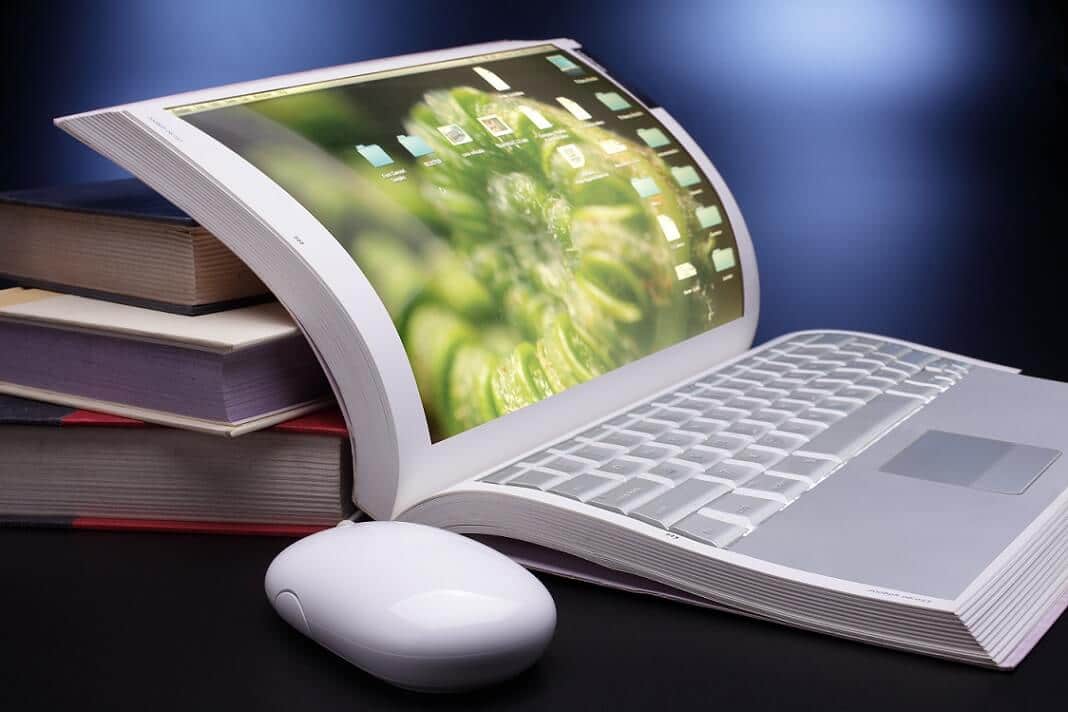
The teaching profession is constantly evolving since we are dealing with the new and constantly changing needs of a rapidly-changing world, writes Hema Kalakoti, Principal, APS Academy, for Elets News Network (ENN).

Children of the 21st century are developing new habits for learning and social development. Digital media and electronic gadgets are now playing a critical role in development of their learning habits. When you take the combined ideas for projections of the impact of technology on teaching and learning and the order of priority of confidence ratings, there is a story being told here:
The highest expectation is that educators will embrace new opportunities for teaching and learning to improve resources and communications. The results of the increased power, flexibility and access to technology will change ‘What’ and ‘How’ we teach.
As schools increase resources, more and more students will succeed, given the curriculum and the approach to professional development change to ensure that instruction is more personal, real-life and the institution remains a safe environment for learning. New learning will also include new technologies such as digital textbooks and 3-D printers etc.
A dominant change, which can be achieved, is the strengthening of student ownership of learning through ubiquitous access to learning technologies, instructional models such as blended learning and more flexible models for students’ demonstrations of learning.
Access to information about learning can and will strengthen instructional practices through more accessible repositories of data and improved analytics. With improved access to information, more informed decisions can be made to improve instruction. The teaching, the learning expectations, the measures of achievement, and the environment need to change to capitalise on the use of technology.
Developing Teaching and Learning Approaches at All Levels
In the classroom, Information and Communication Technology (ICT) can be a powerful catalyst for pedagogical change, as students use educational technology. ICT has the potential to transform education by extending the learning space beyond the four walls of classroom. Given the increasing use of technology in teaching and learning, now and in future, it is imperative that teachers understand the role of technology and acquire the requisite skills to use it and blend it seamlessly into their teaching.
Teaching Ethics to Use Technology
The current trend of students’ disengagement from school is occurring at the same time as their phenomenal engagement with social networking, iPods and mobile phones because of which students are getting addiction of social media.
Teachers should develop such strategies which help the students not get distracted by some of the more enticing but less substantive features of technology. While teachers learn to deal with all sorts of technology issues including cyber ethics and Identifying ethic-related situations, it is important for them to outline both technology rules and the reason for the rules.
If a student is addicted to technology, the proper counseling is required too. Workshops and awareness programmes for students, parents and teachers on cyber crime, proper use of technology, ethics to use technology must be conducted from time-to-time.






















